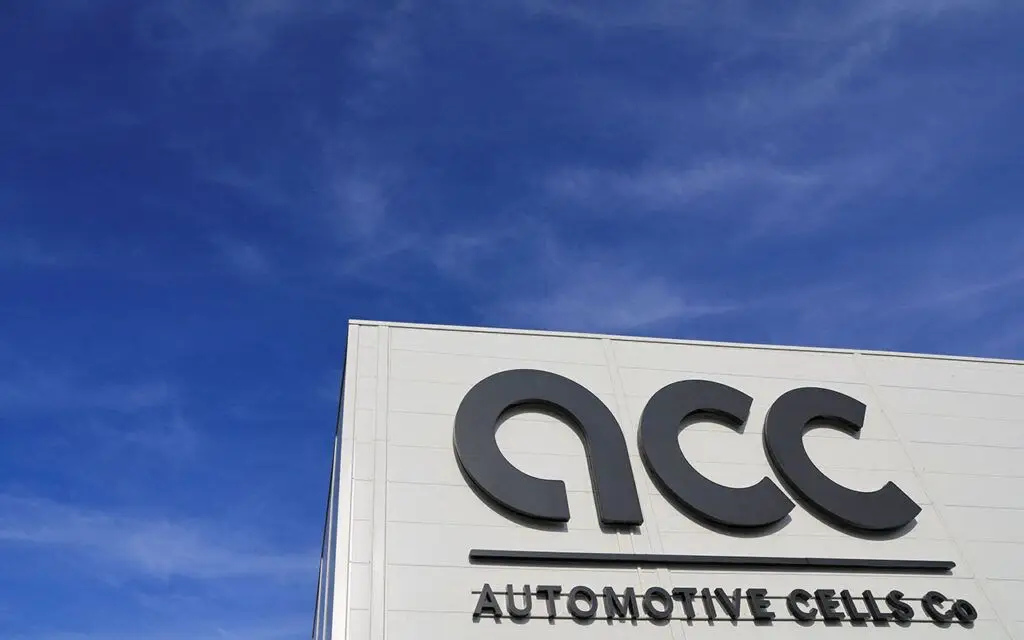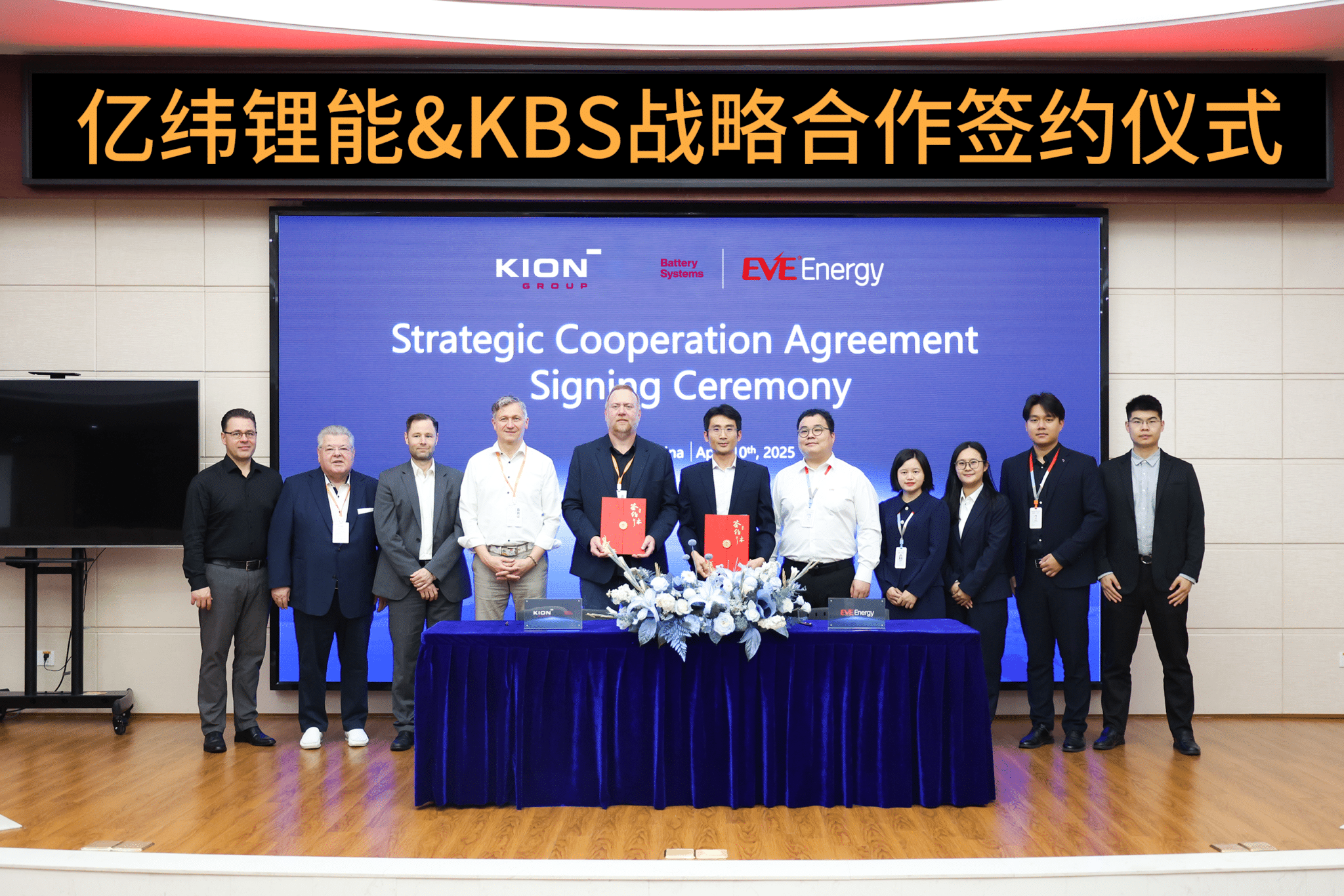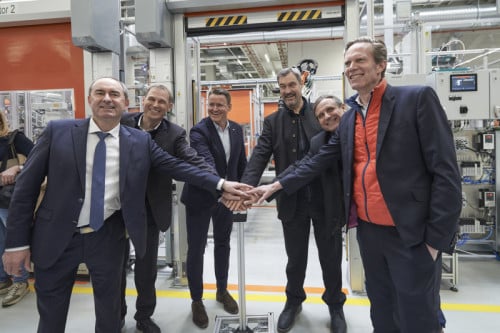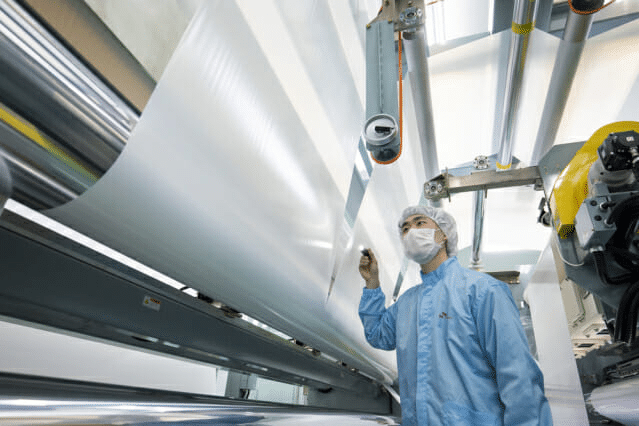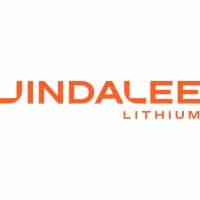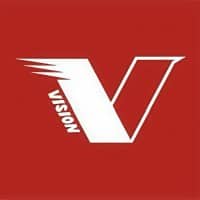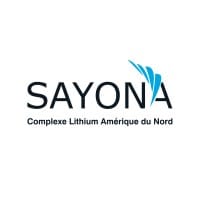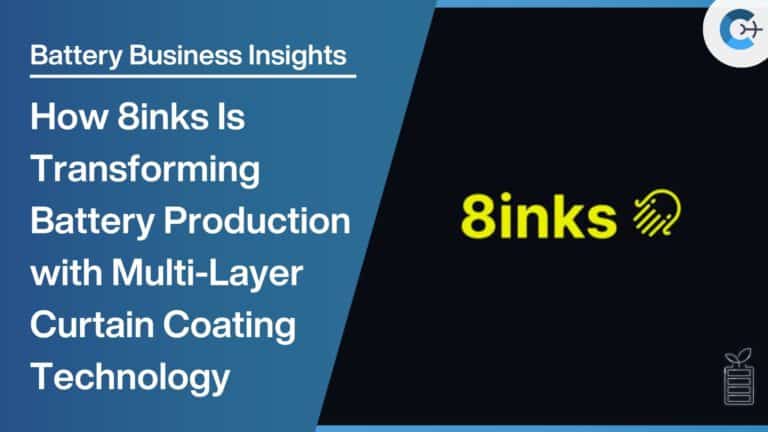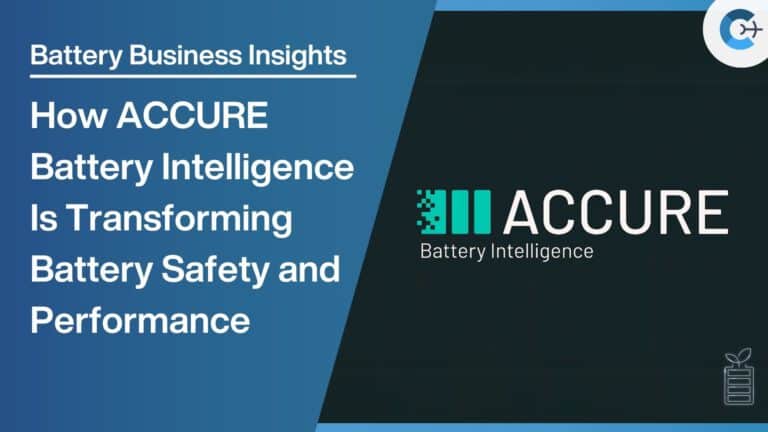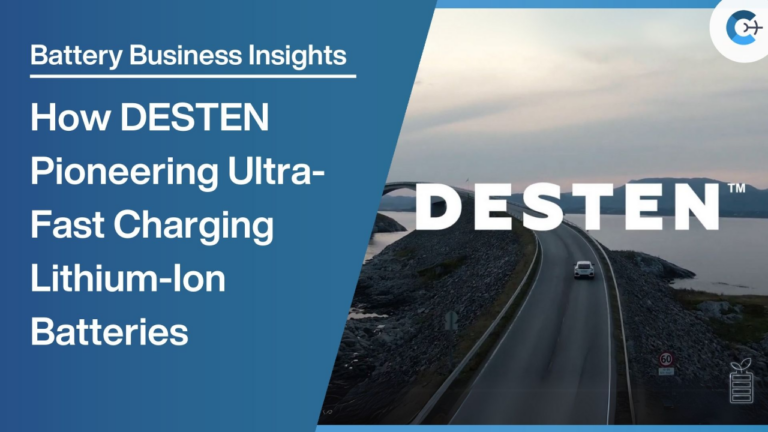TotalEnergies has expressed reservations about the European Community Company (ACC)’s planned battery cell factory in Kaiserslautern, Germany. Patrick Pouyanné, CEO of TotalEnergies, conveyed skepticism regarding the viability of the Kaiserslautern project during an interview with journalists on Wednesday.
Pouyanné emphasized the importance of concentrating efforts on a single production facility rather than dispersing resources across multiple sites. He specifically raised doubts about the feasibility of ACC’s plans in Termoli, Italy, suggesting that focusing investments on one plant would be more effective.
As a consequence, ACC may be limited to operating its existing battery cell factory in Billy-Berclau, northern France, which was inaugurated approximately one and a half years ago. The facility has commenced production of its first block, with a second block expected to become operational within the year. ACC has not publicly addressed the reported challenges encountered during the ramp-up phase of production.
Pouyanné highlighted the complexities involved in battery cell manufacturing, noting the necessity for substantial chemical expertise. He criticized the former Stellantis CEO, Carlos Tavares, indicating that battery production entails more than the deployment of robotics typically used in automobile manufacturing.
The skepticism from TotalEnergies casts doubt on the future of battery cell production in Kaiserslautern, symbolizing potential setbacks for Europe’s ambitious battery manufacturing plans. The initial announcement in September 2021 had projected the start of “highly modern cell” production at both Kaiserslautern and Termoli; however, these projects have been on hold for several months.
ACC has stated, “We have decided to suspend our investments in Germany and Italy until we adapt our industrial development plan to the actual needs of our customers and the European market.” This decision comes amid Stellantis’ recent business struggles and the departure of CEO Tavares, further complicating ACC’s situation.
The ongoing project in Billy-Berclau faces limitations, with nearly all production machinery sourced from China and expected production volumes by the end of 2024 sufficient for only 2,000 to 3,000 vehicles. ACC acknowledges that the learning curve for large-scale battery production for electric vehicles has been more challenging than anticipated since the company’s establishment in 2020.
Source: FAZ

